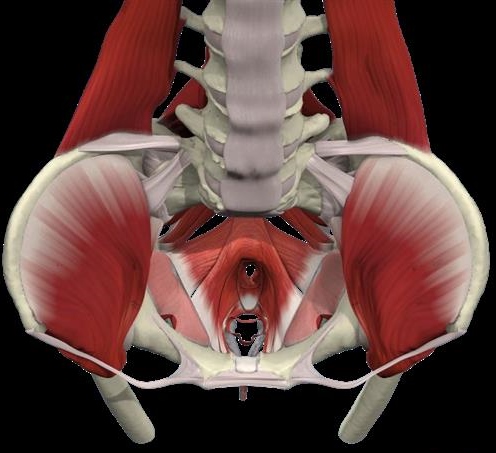
Pelvic pain is a common complaint among women. It can occur during your period, during sex, or at any other time. It can also be a symptom of an organ problem, such as the prostate in men. The lower intestines, muscles, bones, and ligaments can cause pelvic pain. Your healthcare provider will perform tests to determine the cause of the discomfort. You should visit a doctor if the pain persists for more than one week.
The most common cause of pelvic pain is an injury. An injury or a physical condition can cause pelvic pain. Luckily, pelvic pain is treatable and can be cured. A quick trip to the doctor can get you started on the path to recovery. The first step in finding a treatment for pelvic or genital pain is to identify the source of your problem. You may have a herniated disk or a strained ligament, or a painful bladder. Fortunately, you can find an effective treatment for your condition.
The cause of your pain is important to identify. The most common causes of pelvic pain are hormonal imbalance, infections, and other conditions. Your doctor can also suggest treatment for your condition. In addition to underlying diseases, your doctor can perform tests to determine what’s causing your discomfort. Sometimes, there is no known cause. But there are many common solutions, including natural remedies, lifestyle changes, and medication. It is essential to seek medical attention for pelvic pain to get back on the road to health.
Other common causes of pelvic pain include infections, urinary tract diseases and endometriosis. These are the most common, but you should see a doctor if you experience pain in your lower abdomen or lower back. Urinary tract infection can cause severe pain. Fortunately, antibiotics can also help solve this problem. This treatment can prevent or even cure pelvic pain. Once you find a treatment, it will bring relief and help you get back to your normal life.

If pain in the pelvic area does not go away, you should consult a doctor. The pain may be related to other organs. A pelvic examination will determine whether an infection is the source of your discomfort. Infections can also affect your reproductive organs. If you suspect that pain is affecting your reproductive system, it is important to contact a specialist immediately and get advice from a health website tonerin.net. Proper treatment will relieve your symptoms and get your life back to normal.
Your reproductive organs may be causing pain in your pelvic area. They contain tissue that is not designed to function properly, which is why many women experience painful bleeding during their menstrual cycles. Additionally, pelvic pain can also be caused by an infection in the pelvic area. Other possible causes of pelvic pain include: fibromyalgia, uterine fibroids, and lumbar spine and muscle injuries. Regardless of the cause, it is important to seek medical help immediately.
The pain in your pelvis may be due to an ectopic pregnancy or a ruptured fallopian tube. An ectopic pregnancy is caused by a faulty fallopian tube, which causes pain and bleeding during menstruation. A fallopian tube rupture can even cause a drop in blood pressure and even a shock or fainting spell. An infection of the pelvic cavity can also cause pelvic pain. Inflammation of these structures can lead to bowel and urinary problems.
If your pelvic pain is caused by a pelvic organ, you should see your doctor right away. You should get a pelvic ultrasound to rule out any ectopic pregnancy. Inflammation of the vagina can cause painful sexual intercourse. Depending on the cause, an MRI may be necessary to diagnose and treat your pain. Further, an ultrasound of the pelvic region can also help rule out other causes.
The pain in your pelvic region can be mild or severe, and can affect your daily life. The causes of pelvic pain are often unknown. If you’re suffering from pelvic pain, it’s essential to see your doctor to get the best treatment. Your doctor will be able to determine which type of treatment is right for you. If your pelvic pain is more severe, your doctor may suggest surgery. In the meantime, try to find out what’s causing your symptoms.
Leave a Reply